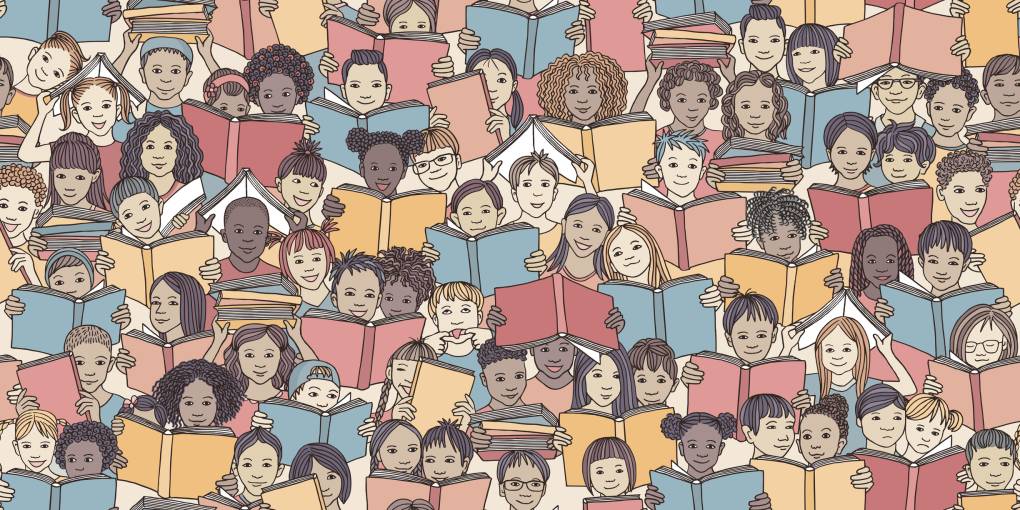Four Strategies for a Successful Second Semester
Like Luther, many teachers might have new students in their classrooms in the spring semester. Luther kick-starts these classes with value setting activities and check-ins, much like he would do at the beginning of the year, “to make sure that we are building community intentionally in the second semester in the same way we did … Read more










